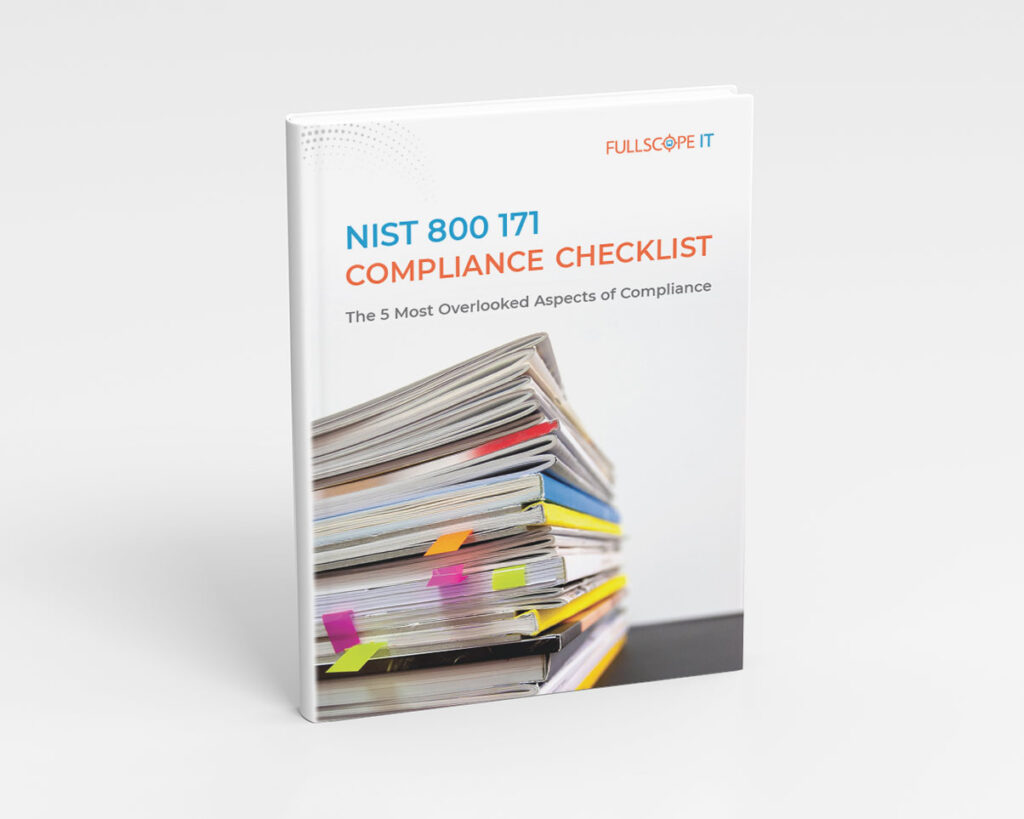Data Loss Disasters You Might Not Be Prepared For
Every business keeps sensitive data in their systems. Sometimes it’s just the company’s financial information and business plans but many industries also regularly store the private information of their clients and staff in their systems as well.
Losing access to this data or compromising this data’s security is a nightmare scenario for any small or medium-sized business. The shutdown of productive work, hours spent trying to resolve the situation, and the bleeding of customer trust that comes with a disastrous data loss all cause massive damage to business over the long term.
Disaster recovery protocols can help businesses fix much of the problem and get back on track, but a significant amount of damage will be done in any case. Here are three types of disasters your company should always be ready to handle.
3 Types of Disasters to Prepare for
Physical Damage and Breakdown
It seems obvious that physical damage to servers, hard drives, and other IT infrastructure would be a major threat to the data stored on machines, but many companies don’t have appropriate disaster recovery plans in place to handle such breakdowns. Whether it’s a localized disaster such as a fire or a bigger natural disaster such as a flood or hurricane, incidents that physically destroy your technology are devastating when you don’t have the right backups in place.
Ensuring you have physical backups of all company data in multiple locations or a cloud solution that isn’t dependent on a physical location is essential to avoid incalculable damage from these sorts of disasters.
Ransomware Attack
Ransomware has been a growing cybersecurity concern for businesses of all sizes in the last several years. Successful attacks have shut down entire businesses permanently and even breaches that don’t cause immense trouble. Ransomware can lock you out of your systems and even if you pay the cost the hackers demand of you to access your data again, it’s uncertain at best whether they will return access to you.
A strong cybersecurity plan to ward off attacks is important, but it’s also helpful to make sure you have backups on entirely separate systems of your most important and sensitive data. While trashing infrastructure that you can no longer access is still costly, it’s much better if the data stored is still available in another place.
Accidental Data Overwrite or Deletion
Unfortunately, sometimes human error leads to sensitive data loss as well. People aren’t perfect and IT can be complex, so occasionally important data is deleted or overwritten unintentionally. Cloud solutions, IT processes for recovery, and other physical backups make these situations less of a catastrophe and more of a blip on the radar.
Contact FullScope IT
Watch out for these potential data loss disasters! You can always protect your business with an appropriate disaster recovery plan in place for your IT infrastructure. If you want to speak to IT professionals about implementing such a plan, schedule an appointment with FullScope IT today.










